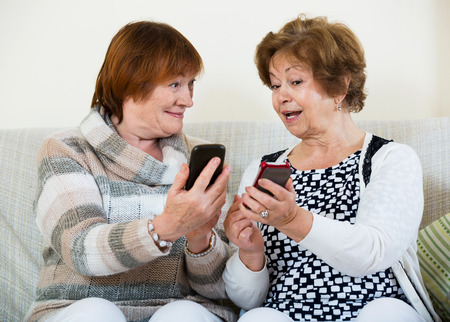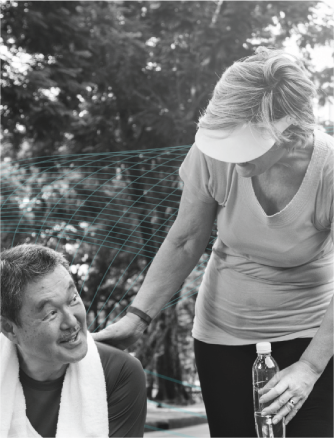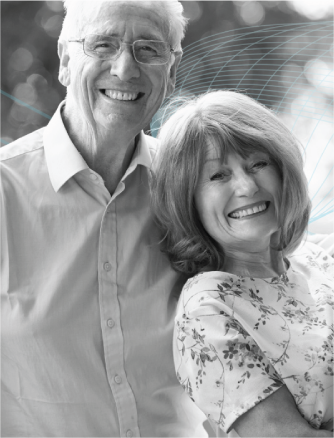“Health care is serious business, but who says it can’t be social?” says Dr. Asch, author of a new study that suggests social incentives may be a more effective way to improve patients’ health. The article, published in the New England Journal of Medicine, suggests that hospitals can engineer social incentives among the peers and family members of both long- and short-term patients. Competitive and collaborative behaviors are among a human’s basic instincts. Hospitals and health care practitioners can capitalize on these naturally occurring reactions by leveraging social engagement in suggested health regimens.
The authors created a Ladder of Social Support, akin to Maslow’s Hierarchy of Needs, where they define their escalating stages:

Image Credit: Penn Medicine
The bottom rung indicates a patient monitoring and maintaining their own health routine (i.e. taking medications, exercising regularly) without another person holding them accountable. The top relies on challenges and incentives that incorporate teamwork or other social means that hold a patient accountable for their own health regimen and push that patient to actively improve their health. Dr. Asch says:
“Managing chronic diseases like high blood pressure, heart failure, or diabetes, research shows that behavior is contagious, and programs that take advantage of these naturally occurring relationships can be very effective.”
Results from Dr. Asch’s investigation, which covered a range of research and clinical studies, showed that patients working with peers, friends, and family had a markedly increased decline in glycated hemoglobin levels as opposed to those who worked with clinical staff. “Spouses and friends are more likely to be around patients when they are making decisions that affect their health—like taking a walk versus watching TV, or what to order at a restaurant,” explained Asch. Social incentives for health can be empowering in a way that increasing interactions with physicians and hospitals is not. Seeing marked improvement in health while at home and in a comfortable social group can be powerful. Collaborating and competing with friends and family, in effect “gamifying” a patient’s health, is a natural and potentially significant way to stimulate a patient to engage with their health and the health of those around them.
Read Dr. Asch’s work here:






